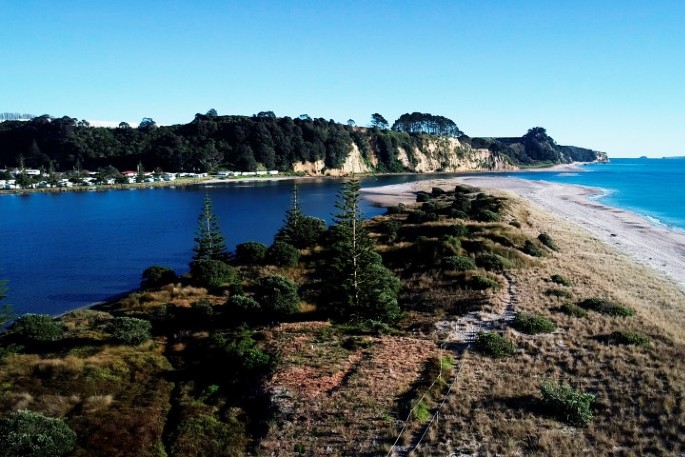An average rates increase of 3.92 per cent that is 'not to be sneezed at” has been adopted by the Western Bay of Plenty District Council.
During a meeting on Wednesday, WBOP Council adopted its annual plan, user fees and charges and confirmed the rates for 2022-2023.
Councillor Don Thwaites says it's 'quite a momentous occasion”.
'It's an outstanding outcome considering the inflationary pressures everyone's facing around the country from food to fuel to everything.
'An average rates increase of 3.92 is not to be sneezed at.”
Thwaites says the Western Bay of Plenty residents who have been 'long suffering” will get some relief, with median residential properties facing a 2.65 per cent rates increase and upper quartile just over three per cent.
'It's certainly highlights the challenges ahead and that we have to make savings.”
Councillor James Denyer says the rates increase is below the nationwide average and will bring the council down in the leader table of high rating councils.
Kaimai Ward councillor Margaret Murray-Benge says the lower rates increase is 'quite significant” in comparison to Tauranga City Council, who passed a 13.7 per cent increase on Monday.
She says Western Bay can 'hold its head up high” because as a council, it set a standard of being closer to the people, more effective in decision making and holding costs while providing services.
Mayor Garry Webber says with inflation and other pressures facing the community, council took another look at the projects planned and considered the community's most urgent needs.
'We looked at the programme and what we'd planned, and where appropriate, we have made some changes,” says Webber.
'Important projects will still carry on, but as a council we have worked hard to keep the rate increase for existing ratepayers to 3.92 per cent, below the four per cent commitment we made in our long term plan.”
Projects highlighted in the annual plan include a $1.83m spend on pensioner housing, around $1.1m has been brought forward to address the current need.
Council will spend $6.3m on wastewater capital works across the district, $1.3m has been earmarked for the Two Mile Creek bank protection in Waihī Beach and $1m will go toward community groups with another $1m set aside for walking and cycling initiatives.
The annual plan remained largely unchanged from the long term plan, with the only significant change relating to the future of the Pukehina Development Rate.
For 21 years, ratepayers in Pukehina paid a fee towards a potential wastewater scheme but with uncertainty around the Three Waters Reform, councillors voted to pause it for two years, after consultation with the community.
Each of the 632 rateable properties in Pukehina have paid a yearly $20 targeted rate, with the balance of the fund currently at $483,500.
Webber says the two-year pause is a sensible approach that will allow for more clarity on the government's Three Waters Reform programme.
'With the uncertainty around central government's Three Waters Reform still in the air, we wanted to take this opportunity to talk with the community about the future of the fund.
'Our job is to make decisions on behalf of the community, and we have done just that by pausing the fund for two years.”
The 2022-23 Annual Plan comes into effect from July 1.
-Local Democracy Reporting is Public Interest Journalism funded through NZ On Air.




0 comments
Leave a Comment
You must be logged in to make a comment.